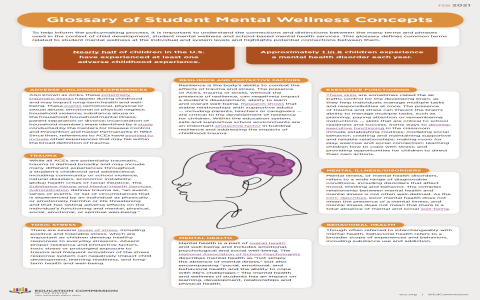Man, it still amazes me how some old books can spark a totally practical idea. Last Friday, I was flipping through my dusty undergraduate psych textbooks – don’t ask why, just felt like it. Saw all these terms crammed in there: “metacognition”, “chunking”, “spacing effect”. Real brain-ache stuff for most students. Then it hit me: students need this jargon translated into actual tools they can use, like tomorrow morning before their math test.
Got fired up over the weekend. Didn’t just wanna talk about it, wanted to do something. Grabbed a notebook first thing Saturday morning. Started scribbling down every single psychology term I remembered that was even remotely connected to studying. My list looked like alphabet soup at first: “elaborative interrogation”, “dual coding”, “interleaving”… total mess.
Turning Jargon into Real Actions
Monday rolled around. My coffee was strong, my mission clear: take one term, just one, and force myself to turn it into a step-by-step study trick anyone could follow. Picked “Spaced Repetition”. Sounds fancy, right? Broke it down super simple: “Don’t cram it all the night before. Spread it out.” Then I made a basic schedule:
- Step 1: Learn something new on Monday (say, Physics formulas).
- Step 2: Take 10 minutes Tuesday morning just to glance at Monday’s notes.
- Step 3: Wednesday, quiz yourself on the formulas for 5 minutes without looking.
- Step 4: Friday, do another super-quick review before the weekend.
No rocket science there. Just forcing those gaps between looking at the stuff. Honestly, felt a bit too simple. Was it actually gonna help?

The Real Test
Come Wednesday, I threw myself into my own experiment. Working on a big personal project, learned a chunk of new coding syntax. Instead of my old habit of pounding it in for hours, I followed my little spaced plan:
- Monday: Learned the basic rules.
- Tuesday: Spent maybe 5 minutes skimming my notes while waiting for my toast.
- Wednesday: Tried writing out the syntax from memory – stumbled a bit, but got most.
- Thursday: Left it alone.
- Friday: Quick 5-minute memory check. Bam! Felt way firmer in my head.
Worked like a charm! Felt less stressed, way more solid on the material compared to my usual marathon sessions. This was proof simple structure beats frantic cramming. Energized, I tackled another term: “Chunking”. Basically, making small groups of information.
Tried it Tuesday night helping my cousin prep for biology. Looked at this huge list of organelle functions. Instead of attacking the whole list, we picked groups:
- Group 1: The nucleus, the “command center”. What it controls.
- Group 2: Ribosomes & Mitochondria, the “worker bees”. Energy and building stuff.
- Group 3: Lysosomes & Golgi, the “cleanup crew”. Breaking down waste.
Suddenly, five functions became three teams with simple jobs. Much easier to remember “the command center” than a dry description. Watching him light up when it clicked? That felt good.
Putting It Out There
By Wednesday afternoon, I had three solid, tested study tips born directly from psych terms: “Spread It Out” (Spaced Repetition), “Make Teams” (Chunking), and “Ask Yourself Questions” (Elaborative Interrogation). Wrote them down in plain, actionable bullet points like a recipe.
The real payoff? I used these while I was building this post. Applying my own advice. Honestly? Kinda amazed how much less I felt like banging my head against the keyboard trying to explain complex ideas simply. It just proved the point: give kids actions, not words. Tools, not terms.

